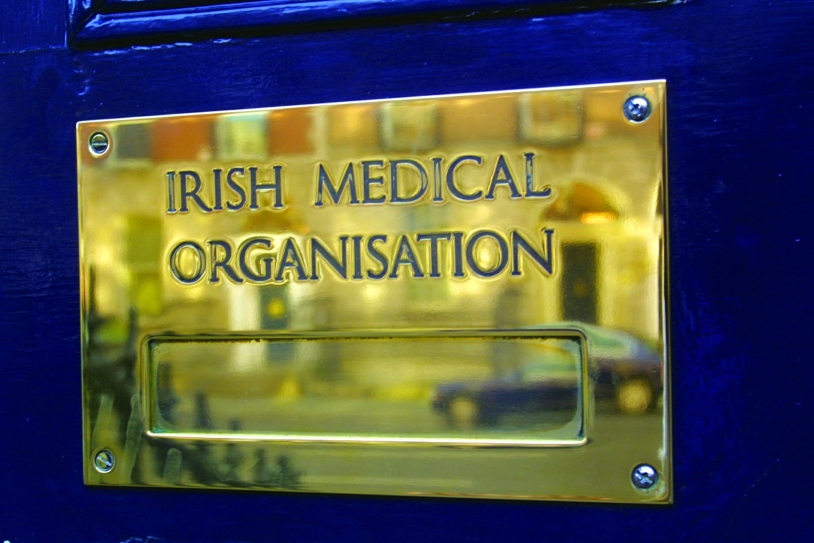The RCSI described the discovery as a “critical advance” in the global effort to move towards a more personalised treatment for colorectal cancer patients.
“This study has identified a potential biomarker that could be used by doctors in the future to distinguish between patients who will benefit from Avastin, and patients who will not respond,” said Professor Annette Byrne, Associate Professor at RCSI’s Department of Physiology and Medical Physics.
“Further research is ongoing to develop a laboratory test so that the biomarker can be applied in clinical daily practice.
“Our overall goal is to improve the standard-of-care for colorectal cancer and to make sure that patients only receive drugs that will work specifically in the setting of their own disease. This will reduce side-effects, treatment costs and improve patient outcomes.”
According to the RCSI by predicting the patients that would not benefit from Avastin, individuals could be spared the side-effects of this particular drug therapy, and are more likely to receive optimal treatment with a minimum of delay, while reducing cost of care.
The study, led by researchers at VU University Medical Centre Amsterdam (VUmc) and RCSI is published in the Journal of Clinical Oncology.













Leave a Reply
You must be logged in to post a comment.